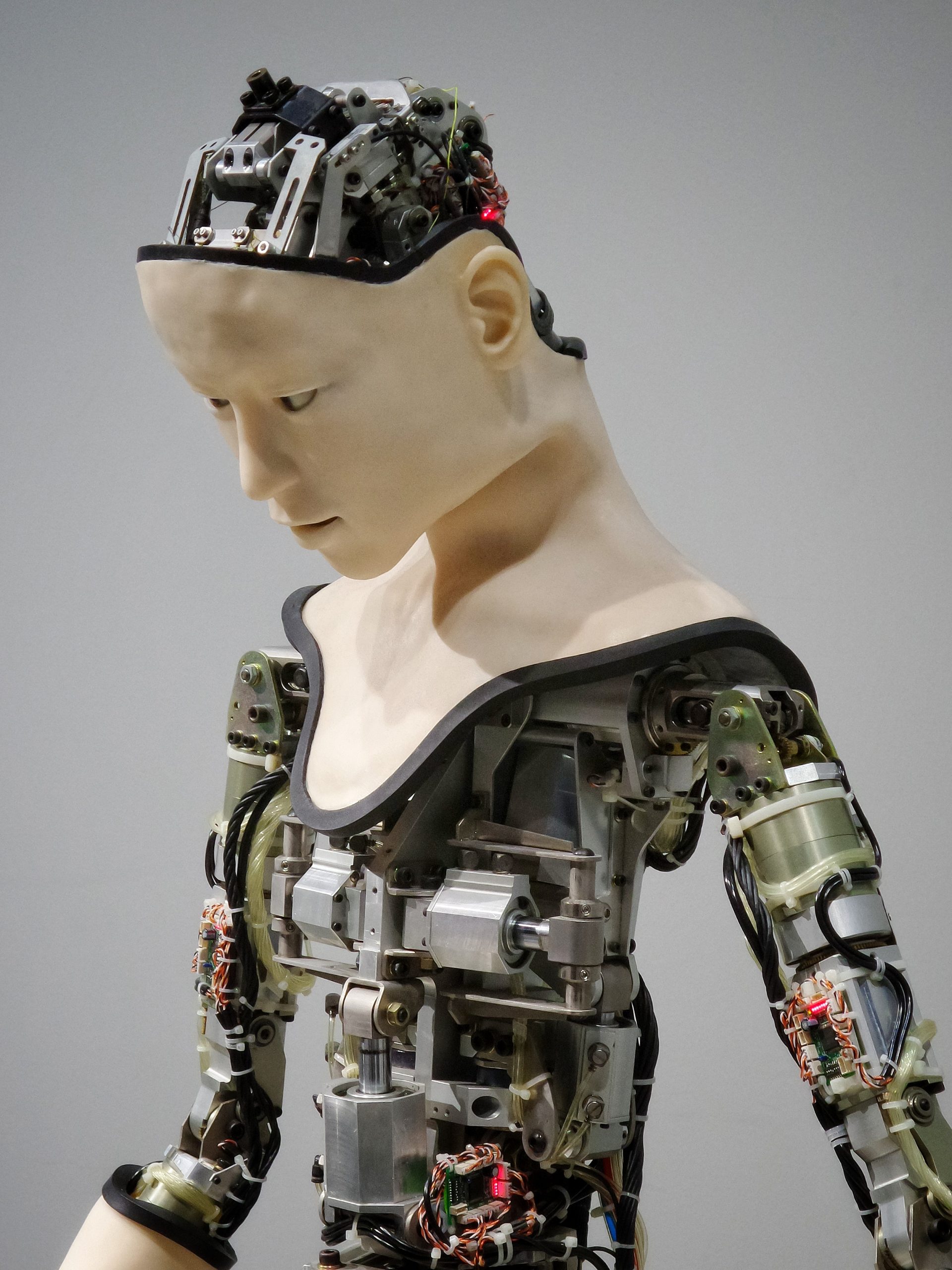Artificial Intelligence (AI) has become an integral part of our lives. But as with any technology, it must be used ethically and with caution to ensure its positive impact on society. AI ethics is the set of principles that help guide us in using AI responsibly and safely. In this blog post, we will discuss what AI ethics is, why it’s important, and how we can ensure its implementation. We will also look at some ethical considerations when using AI and provide tips on how to apply best practices in your business or organization.
What is AI Ethics?
When it comes to the hot-button topic of AI ethics, there are a lot of opinions out there. But what exactly is AI ethics? And how can we ensure its implementation?
In short, AI ethics is the application of ethical principles to the development and use of artificial intelligence (AI). The goal is to ensure that AI technologies are designed and used in a way that is ethically justifiable and respects the dignity, rights, and interests of all people affected by them.
There are a number of key issues that need to be considered when it comes to AI ethics, such as:
• The impact of AI on jobs and the economy
• The use of AI in military applications
• The potential for abuse or misuse of AI technology
• The need for transparency and accountability in AI decision-making processes
At its heart, AI ethics is about creating a future in which everyone can benefit from the amazing possibilities offered by artificial intelligence, while also ensuring that the risks are minimized. It’s a complex challenge, but one that we must meet if we want to realize the full potential of this transformative technology.
The Different Stakeholders in AI Ethics
When discussing AI ethics, it is important to consider the different stakeholders involved. These include:
-Developers and researchers of AI technology
-Deployers of AI systems
-Users of AI systems
-Governments and policy-makers
-The general public
Each of these groups has a different perspective on AI ethics, and thus different interests in ensuring its implementation. For example, developers and researchers may be most concerned with ensuring that their technology is ethically sound, while users may be more concerned with ensuring that they are not being exploited or discriminated against by AI systems. It is important to take all of these perspectives into account when discussing AI ethics.
The Need for AI Ethics
There is a growing need for ethical AI. As AI technology advances, it is being used in more and more areas of our lives. This raises new ethical concerns about how these technologies are used and how they impact our societies.
AI technologies have the potential to cause great harm if used improperly. For example, facial recognition technology can be used for mass surveillance and to target ads at people based on their personal characteristics. AI chatbots can spread fake news and disinformation. And autonomous weapons systems could be used to kill people without human oversight.
Because of these risks, it is important that we develop a strong ethical framework for AI. This framework should consider the impact of AI on all stakeholders, including individuals, organizations, and society as a whole. It should also be designed to ensure that AI technologies are used for the benefit of humanity and not to the detriment of it.
How Can We Ensure the Implementation of AI Ethics?
When it comes to AI Ethics, there are a few key things we need to keep in mind to ensure its implementation. First and foremost, we need to be aware of the potential risks and harms that could come from AI technology. We also need to make sure that any ethical concerns are taken into account during the development and deployment of AI systems. Finally, we need to create mechanisms for accountability and oversight to ensure that AI is used responsibly.
With all of this in mind, let’s take a closer look at each of these points:
- Be aware of the potential risks and harms that could come from AI technology:
There are a number of potential risks associated with AI technology, which include everything from privacy concerns to the possibility of artificial intelligence being used for malicious purposes. It’s important to be aware of these risks so that we can mitigate them as much as possible.
- Make sure that any ethical concerns are taken into account during the development and deployment of AI systems:
When it comes to ethical concerns, there are a number of different considerations that need to be taken into account when developing and deploying AI systems. For example, issues such as data bias and algorithmic transparency need to be addressed in order to ensure that AI systems are ethically sound.
- Create mechanisms for accountability and oversight to ensure that AI is used responsibly:
In order to ensure that AI is used responsibly, it’s important to have mechanisms in place
Examples of Good AI Ethics Practices
When it comes to AI, there are a few ethical considerations that need to be taken into account. Here are some examples of good AI ethics practices:
- Prioritizing Human Values: When developing AI applications, it is important to prioritize human values such as safety, privacy, and fairness.
- Avoiding Bias: It is important to avoid biased decision-making when it comes to AI. This means ensuring that data used to train models is representative of the population as a whole.
- Transparent and Explainable AI: As AI becomes more sophisticated, it is important to ensure that its inner workings are transparent and understandable by humans. This will help build trust between people and machines.
- Designing for Human Control:AI systems should be designed in a way that allows humans to retain control over them. This includes things like having an off switch or being able to override automated decisions.
- Planning for Long-Term impact:When developing AI applications, it is important to think about the long-term impact of the technology. What could go wrong if this technology falls into the wrong hands? How will it change the world as we know it?
Conclusion
AI ethics is a very important topic right now and in the future. It is vital that we understand what it means, how it can be implemented and why it is so important for us to do this. As AI technology continues to evolve, there will be more opportunities to apply ethical principles within our AI-driven systems and processes. We must ensure that these are applied consistently throughout our organisations in order for us all to benefit from their use as well as ensuring responsible development of these technologies going forward.








